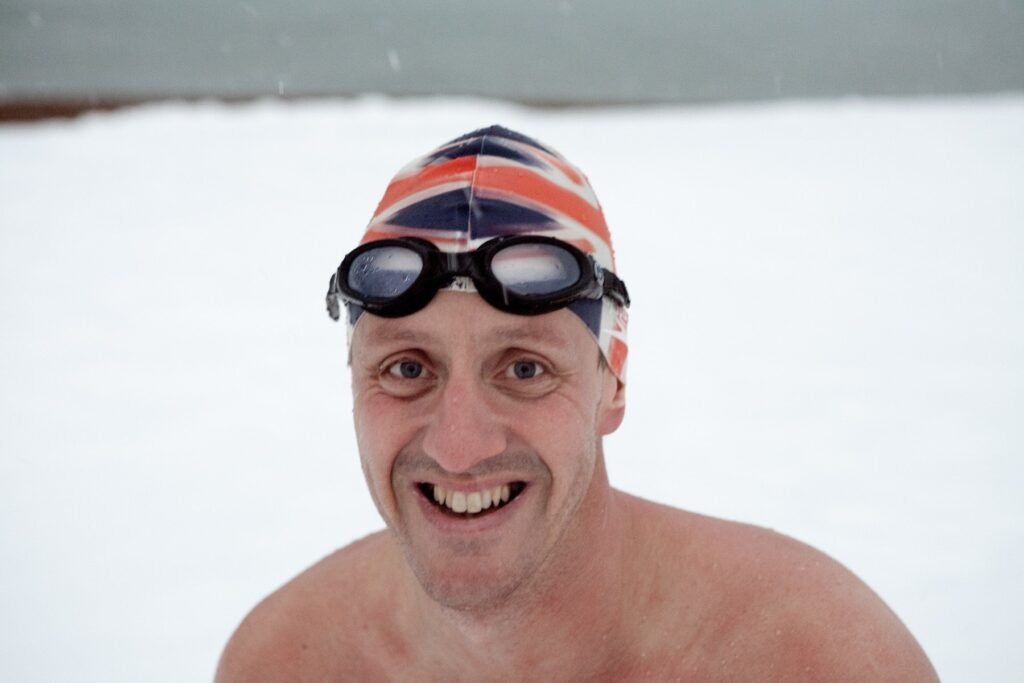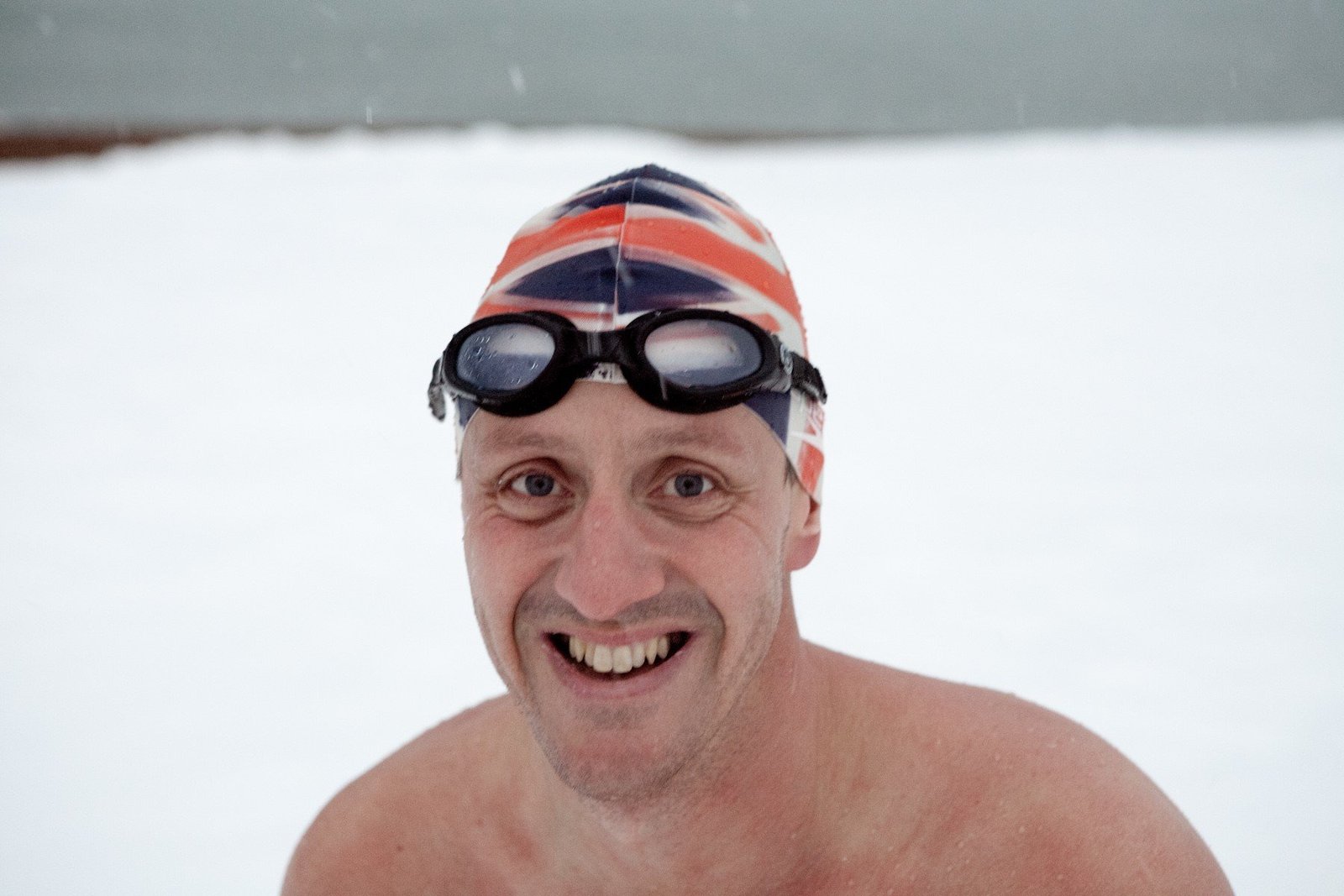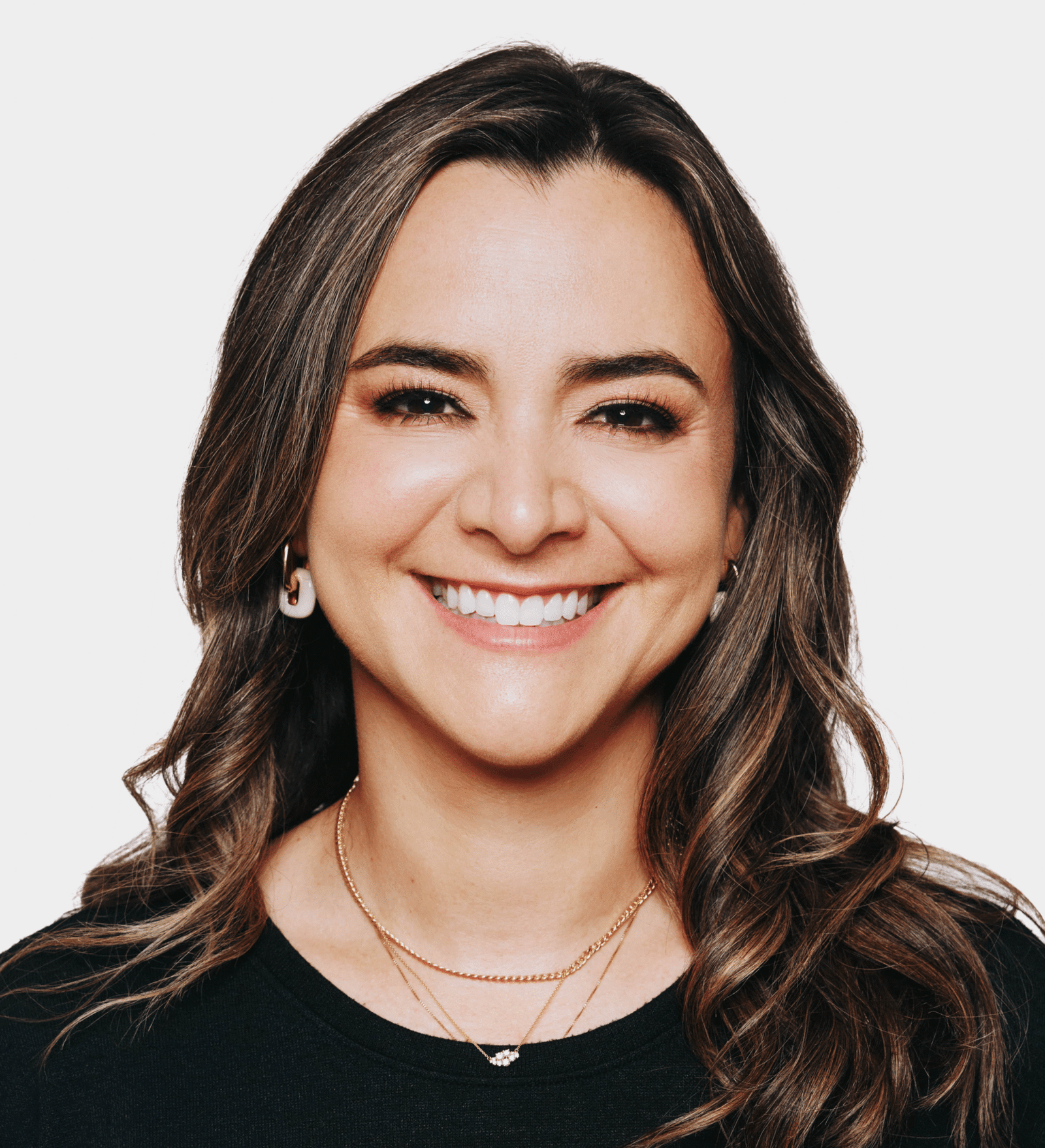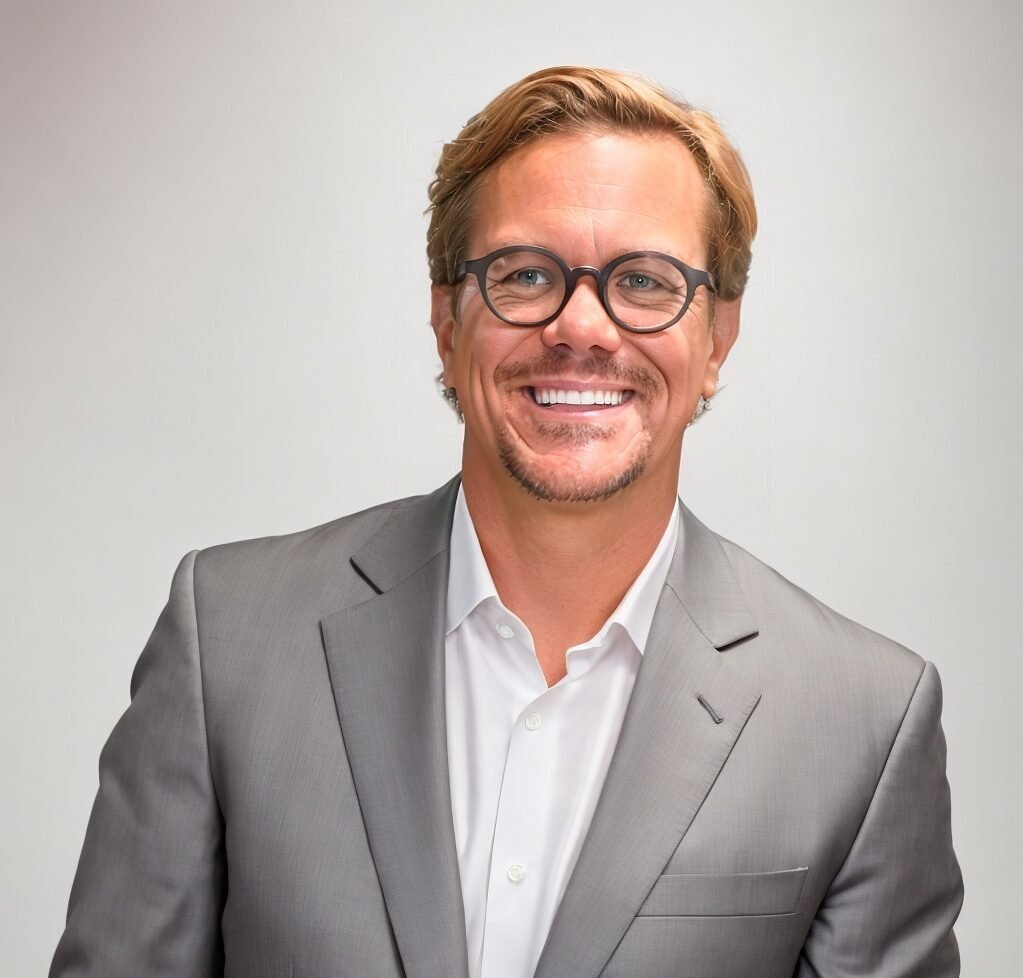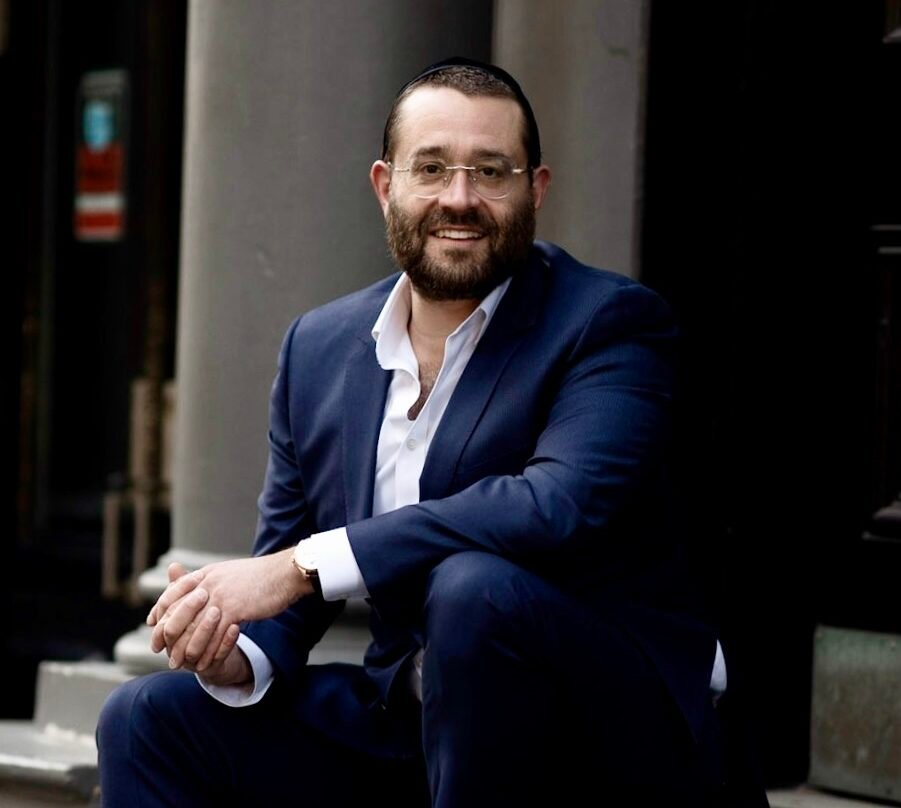I recently went one on one with Dr. Mark Harper, author of Chill: The Cold Water Swim Cure.
Adam: Thanks again for taking the time to share your advice. First things first, though, I am sure readers would love to learn more about you. How did you get here? What experiences, failures, setbacks or challenges have been most instrumental to your growth?
Mark: The short answer is I love skiing.
The longer answer is that, having qualified in medicine, I specialized in anesthesia. However, in the middle of my anesthetic training program, I decided to take six months out to work as a ski guide in the French Alps. My program director – in the nicest possible way – suggested that this wouldn’t advance my anesthesiology career very much. Nonetheless, I went ahead with my plan and, ironically, nothing has had a more profound and positive effect on my career.
At his suggestion, when I returned I set up a conference for anesthesiologists in the French Alps. At the first meeting, I presented a lecture on hypothermia which led to my first research career, and my Ph.D. which looked at ways of preventing patients becoming hypothermic during operations.
As time went on, I began reading about the cold stress response and noted how similar, physiologically, this was to the surgical stress response. Furthermore, I noted how the way the body adapted to repeated immersion in cold water reduced this stress response from the ‘pathological’ (i.e. bad) to the physiological (i.e. good) – an adaptation that could potentially reduce complications in my patients undergoing surgery.
I then read an article in the newspaper about how inflammation is implicated in many cases of depression. Knowing how cold adaptation reduces levels of inflammation and knowing how good I felt after a swim in the sea – which, by this time, I’d been doing throughout the year for quite a while – I wondered if cold water swimming could actually be used as a treatment for depression.
Another series of ‘coincidences’ meant that a few months later I was contacted by TV doctor, Chris van Tullekan, who wanted to test this theory out. With the help of the BBC, we found a young woman keen to give it a try. Within 6 months she was off her antidepressants and remains so – thanks to continued outdoor swimming – 5 years later. We then published this in the British Medical Journal – the first TV program resulting in a publication in a peer-reviewed journal.
As a result of this TV program, I was contacted by a surf lifeguard and coach who was interested in starting up ‘therapeutic’ sea-swimming courses for depression and anxiety. We put together a program integrated with research into which we developed into “Chill Therapy’. The results were remarkable and it has expanded to hubs around the UK. We have now introduced hundreds of people to the joys and benefits of outdoor swimming. We have also extended the program to refresh and revitalize tired and stressed-out healthcare workers emerging from the pandemic.
For me, getting to this point involved exposing myself to a variety of experiences and people outside the narrow focus of specialist medicine.
I have experienced success – publications, TV programs, a Ph.D. – being commissioned to write a book.
I have also experienced failure – I had to retake my final medical exams, the time and effort that has gone into failed bids for funding and getting papers published far outweighs the number of successes.
But, in the process, I have learned resilience – something that also derives from swimming outdoors in the depths of winter – persistence and an ability to take the long view when there’s something I feel passionate about – whether it’s skiing or developing outdoor swimming as a therapy. I have seen so much good come from the courses we’ve run and many other people’s experience of outdoor swimming; this keeps me going in the face of a medical establishment that struggles to look beyond the confines of a bottle of pills
Adam: What were the keys to becoming an expert in your field? What can others do to become experts in their fields?
Mark: I think the keys to becoming an expert are much the same in any field – perhaps with the emphasis changing from one area to another.
In my case, the key to becoming an expert has been following a research or career path that really interests me and one which promises fulfillment through bringing good to others. This is a happy side-effect of medical research – especially if your field has a direct impact on patients’ comfort and outcomes.
Another key is looking out for and taking every opportunity – but realizing most will come to nothing. It was Winston Churchill who said that success is going from one failure to another with no loss of enthusiasm.
Reaching out to people: most will not return your email but, when they do, it can be life-changing
Being curious about everything – no knowledge is useless knowledge. This is how I’ve made the outwardly random move from being an anesthesiologist to doing research into mental health and outdoor swimming. Sit down with friends in the pub and really listen to them (the most recent Nobel prize winners in physics trace their cited research back to a pub conversation), read newspapers and books, listen to music and podcasts, watch films, go skiing.
Adam: What do you hope readers take away from your new book?
Mark: I hope readers understand how it is possible, in many instances, to help yourself without overreliance on doctors and medicines. I like to put outdoor swimming under the umbrella of ‘Lifestyle Medicine’ which emphasizes wellbeing and prevention over illness and cure and can be entirely self-directed.
That water is an incredible substance whose power can be overlooked due to its ubiquity.
Outdoor swimming is simple and safe – (you don’t even need to swim – just ‘dipping’ is enough to get the benefits) – and can improve both physical and mental health. Give it a go.
Adam: What are your three best tips applicable to entrepreneurs, executives and civic leaders?
Mark: Listen – really listen – to advice.
Be curious about what’s going on around you and, importantly, why?
And, on that note, never accept received wisdom uncritically.
If you believe in something, keep going
Adam: What are the best leadership lessons you have learned from leading a non-profit organization?
Mark: If you are leading a non-profit, the chances are that it is something you have a passion about and, through it, you want to bring some good to the world. I guess the one thing that stands out for me from the development of Chill Therapy is that funding will almost always be an issue but persist and it will come together in the end.
The other lesson, that has been of immense help to us, is integrating research into our work. This helps us develop our offering and also gives solid evidence of the beneficial work we’re doing to funders and the people who may benefit from Chill Therapy.
Adam: In your experience, what are the defining qualities of an effective leader? How can leaders and aspiring leaders take their leadership skills to the next level?
Mark: For me, the defining quality of an effective leader is someone who listens first so that everyone feels heard; gives constructive feedback; and makes everyone feel valued.
To my mind, it’s all about communication so pursue anything and everything that helps with that – draw from many sources. And don’t neglect to communicate honestly with yourself through reflection and encouraging honest feedback -uncomfortable though it is – from those around you.
Adam: How can anyone develop a winning mindset?
Mark: To me, it’s not about winning. I think the most important thing is to start from your values: find something you believe in and keep your focus on providing the best possible ‘product’ in your chosen field. If you manage to do that, even if you don’t win financially, you will win in your conscience and soul.
Adam: What is the single best piece of advice you have ever received?
Mark: I have received so much good advice from so many people but I think there are actually two that I keep coming back to:
The actor, Steven Mangan’s father gave him this piece of advice which I now give to my children (and remind myself): “Turn up on time, work hard, don’t be a jerk”
But I guess if I had to choose one, it would be from the Dalai Lama (not that he gave it to me personally): “Be kind whenever possible. It is always possible.”


